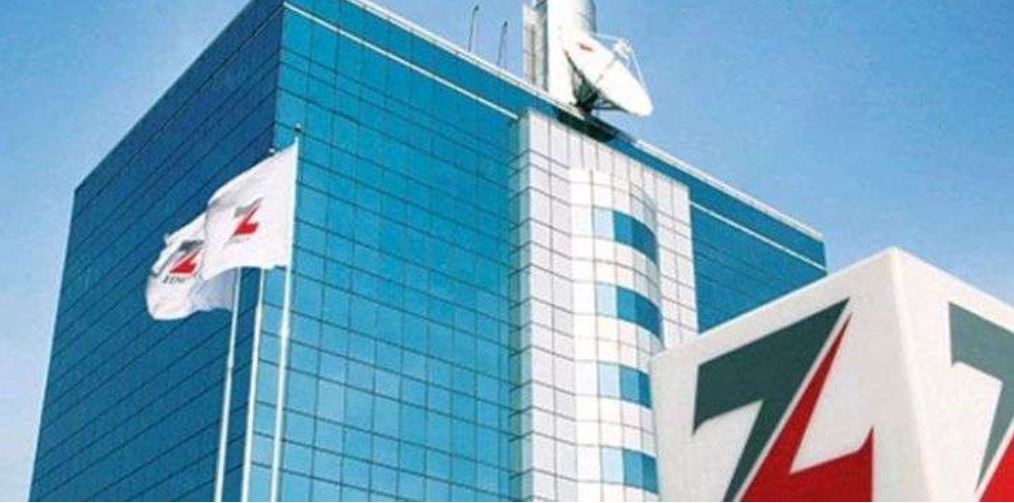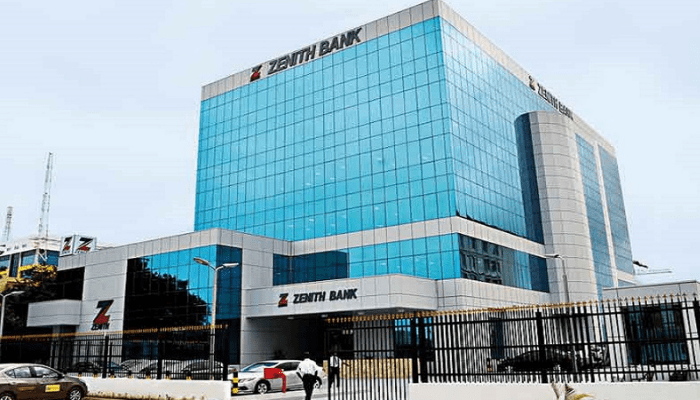Zenith Bank received N80.05 billion in revenue from electronic banking transactions in its 2024 financial year report, which concluded on December 31, 2024, indicating a 54.51 percent increase over the N51.8 billion the bank reported in 2023.
Electronic fees include revenue from debit and credit card transactions, ATM withdrawals, balance enquiries, and expenses related to online and mobile banking services like bill payment and transfers.
Furthermore, the unaudited financial statement of the bank for the year indicates interbank transfers, email and SMS alerts, and merchant payment processing fees as additional sources of revenue for the bank.
The growing use of digital banking services and increased transaction volumes are the main causes of Zenith Bank’s 2024 electronic fee increase.
Zenith bank generates N13.48 billion in foreign exchange
Foreign exchange transaction fees brought in N13.48 billion for the bank in 2024. The unaudited financial statement of the bank reveals a 221.72 per cent rise from the N4.19 billion reported in 2023.
In financial activities, foreign currency transactions entail exchanging one currency for another. These consist of cross-border payments, international money transfers, foreign exchange purchases, and debit or credit card transactions in foreign currencies.
From N19.72 billion in 2023 to N78.53 billion in 2024, the bank’s foreign withdrawal fees generated a 298 percent improvement year over year.
Zenith bank reports record-breaking post-tax profit of N1.03 trillion
The tier-1 bank’s 2024 full-year financial results showed a record profit after tax of N1.03 trillion, a 52.5 per cent increase over the N676.9 billion recorded in 2023.
In addition, the bank reported its highest-ever pre-tax profit of N1.32 trillion, which grew by 66.6 per cent annually.
Read also: Enza secures $6 million to enhance payment capabilities for African banks
The bank’s workforce increased from 6,681 in 2023 to 7,704 in 2024, a 15 percent increase. The percentage of women in the workforce has increased to 53 per cent from the previous year’s nearly equal gender distribution.
The report also notes that women now hold 36 per cent of the 14 board seats, up from 29 per cent in 2023, a 7 per cent increase in their representation on the board.
However, men still dominate top management positions at the bank, with 68 per cent of them holding leadership positions.





